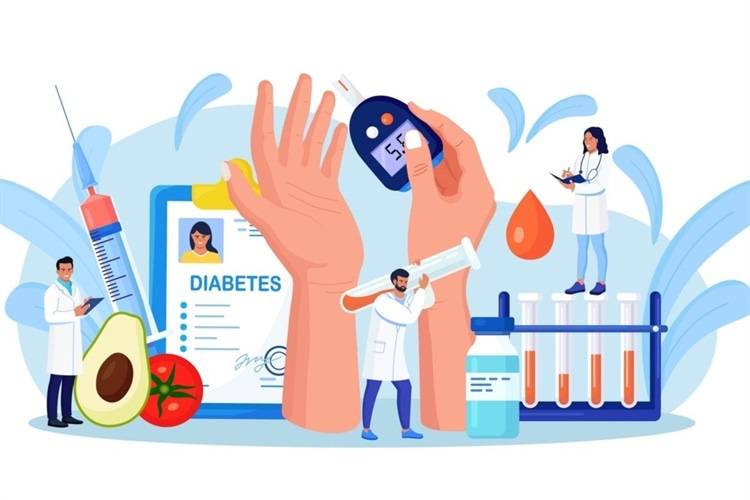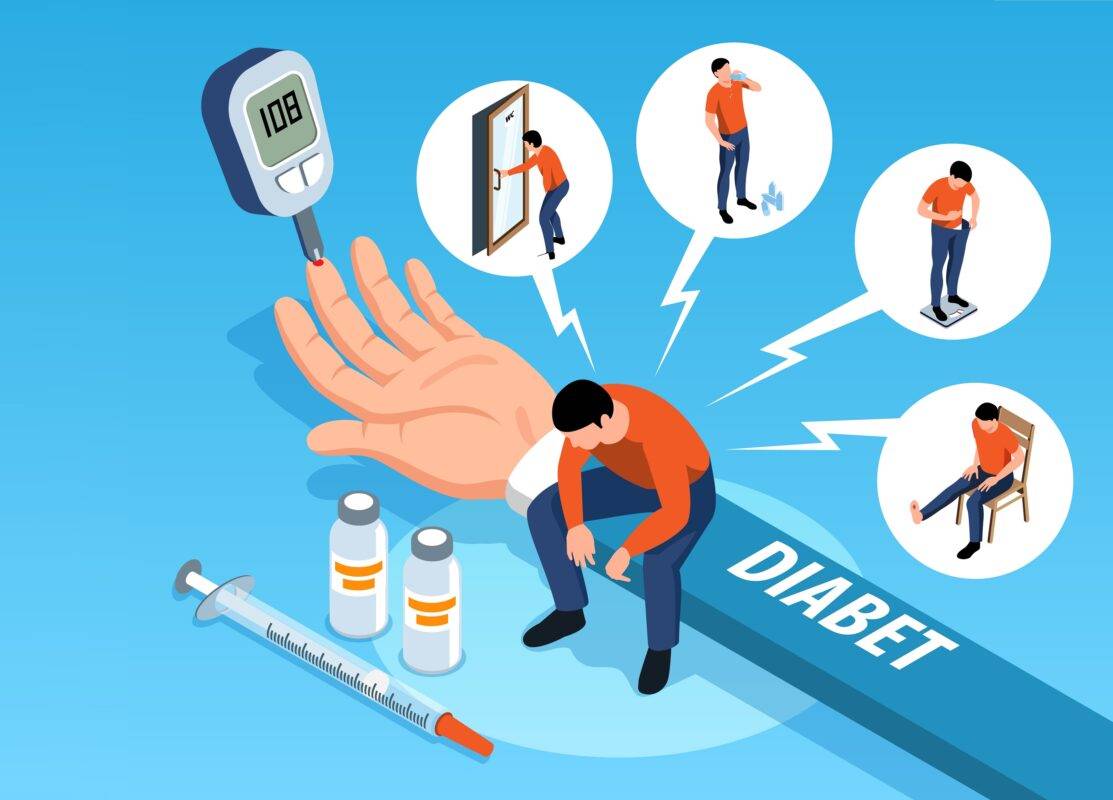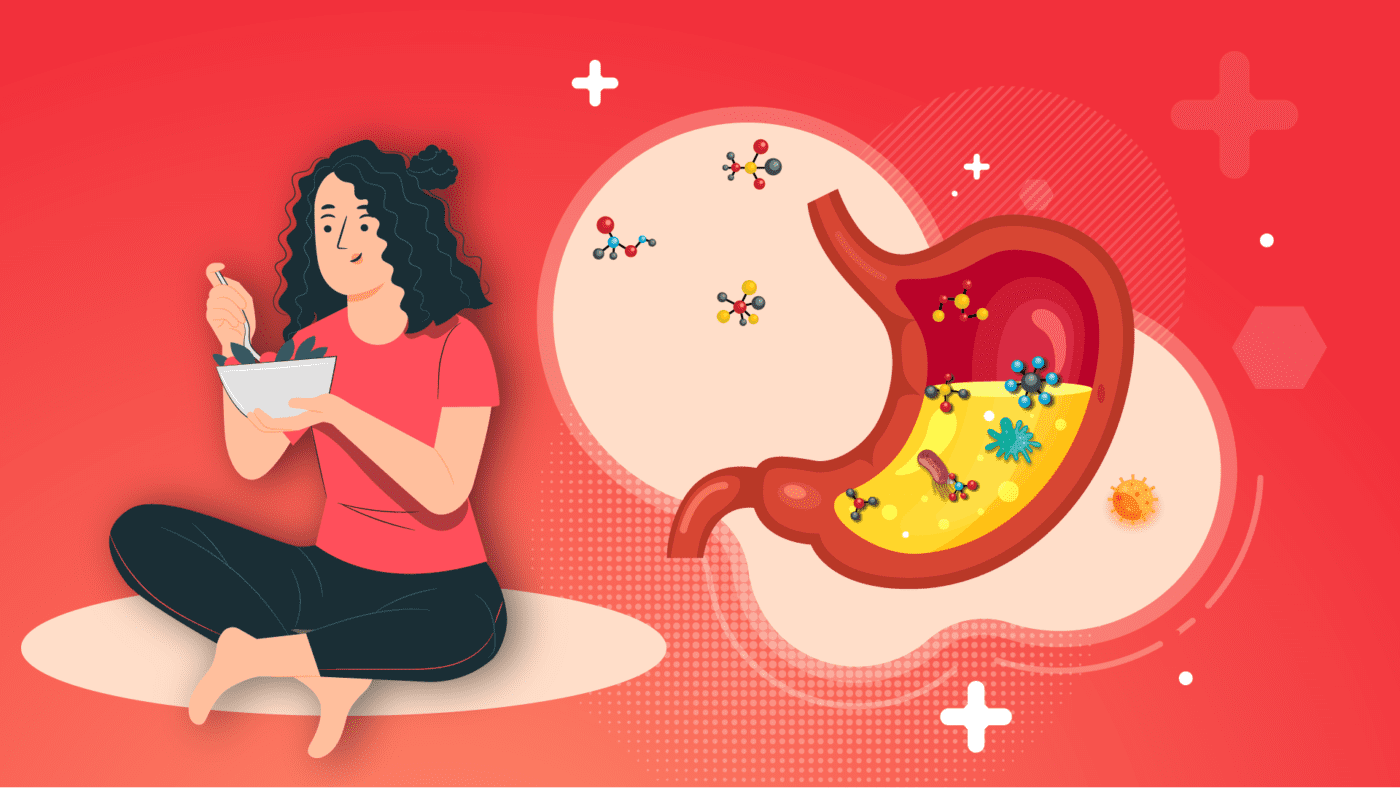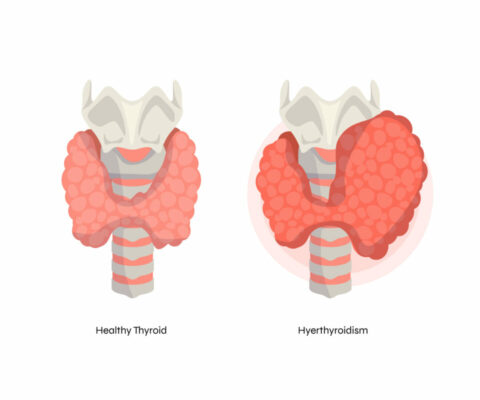Superfoods for Diabetes: Boosting Health and Healing Superfoods are nutrient-dense, energy-dense foods with extraordinary health benefits. Incorporating superfoods into a diabetic’s diet can be a strategic method to improve health, blood sugar control, and body healing. In this piece, we’ll look at a range of superfoods that have been shown to be quite beneficial to […]
Diabetes
The Role of Hormones in Diabetes Reversal: Balancing the Endocrine System Diabetes is a complex metabolic illness characterized by a breakdown in the body’s hormonal balance. Hormones regulate blood sugar levels, insulin synthesis, and the overall functioning of the endocrine system. Understanding the complex interplay between hormones and diabetes is critical for effectively controlling and […]
Unlocking the Healing Potential of Herbs and Spices for Diabetes Reversal Herbs and spices have been used for generations to enhance the flavor of food, but they also have a number of health advantages, including the ability to reverse diabetes. These natural ingredients are high in antioxidants, anti-inflammatory chemicals, and other bioactive elements that can […]
Creating a Diabetes-Friendly Kitchen: Tips and Recipes The kitchen becomes a great tool for maintaining good blood sugar management and supporting general well-being when you have diabetes. Creating a diabetes-friendly kitchen is making deliberate choices that promote a healthy, balanced diet. Individuals may take control of their health and make the kitchen a hub for […]
Stress, Sleep, and Blood Sugar: Balancing the Diabetes Equation Living with diabetes necessitates a multifaceted approach that goes beyond simply controlling blood sugar levels with medicine and nutrition. Stress and sleep are important factors in blood sugar control and overall diabetes treatment. Chronic stress and insufficient sleep can wreak havoc on the delicate balance of […]
Maintaining good blood sugar levels is critical for overall health, especially for people with diabetes or at risk of getting the disease. While medications and dietary restrictions are frequently prescribed, adopting mindful eating habits can play an important role in naturally enhancing blood sugar control. Paying complete attention to the dining experience, including food selections, […]
Diabetes is a complicated disease that affects millions of people throughout the world. While there are numerous treatment options, a rising body of research suggests that individualized therapies tailored to each patient’s specific needs and biochemistry can result in successful diabetes reversal. Healthcare practitioners may empower persons with diabetes to attain optimal health outcomes by […]
Elevated blood sugar levels are a key indicator of the complex metabolic condition known as diabetes. Research has revealed that nutrition is essential for diabetes reversal, even though medicine is frequently provided to treat the condition. People with diabetes may be able to reverse their illness and improve their health outcomes by learning how diet […]
In recent years, low-carbohydrate diets have become more well-known as a potential strategy for controlling and treating diabetes. These diets aim to control blood sugar levels and boost insulin sensitivity by limiting carbohydrate intake and placing an emphasis on the consumption of healthy fats and proteins. In this post, we’ll look at the workings of […]
Polyunsaturated fatty acids called omega-3 fatty acids have drawn a lot of interest because of their prospective health advantages. These essential fats have been thoroughly researched for their effects on a variety of medical diseases, including diabetes, and are well known for their anti-inflammatory characteristics. The methods through which omega-3 fatty acids affect diabetes […]
Diabetes treatment and reversal depend greatly on insulin sensitivity. Diabetes patients frequently have decreased insulin sensitivity, which compromises their ability to control their blood sugar levels. However, lifestyle choices like food, exercise, and weight management can have a major impact on insulin response and enhance insulin sensitivity. In this post, we’ll talk about the idea […]
The Role of Gut Microbiota in Diabetes Reversal Diabetes mellitus is a chronic disease characterized by high blood sugar levels that result from the body’s inability to produce or use insulin effectively. There are two main types of diabetes – type 1 diabetes and type 2 diabetes. In type 1 diabetes, the body fails to […]



























